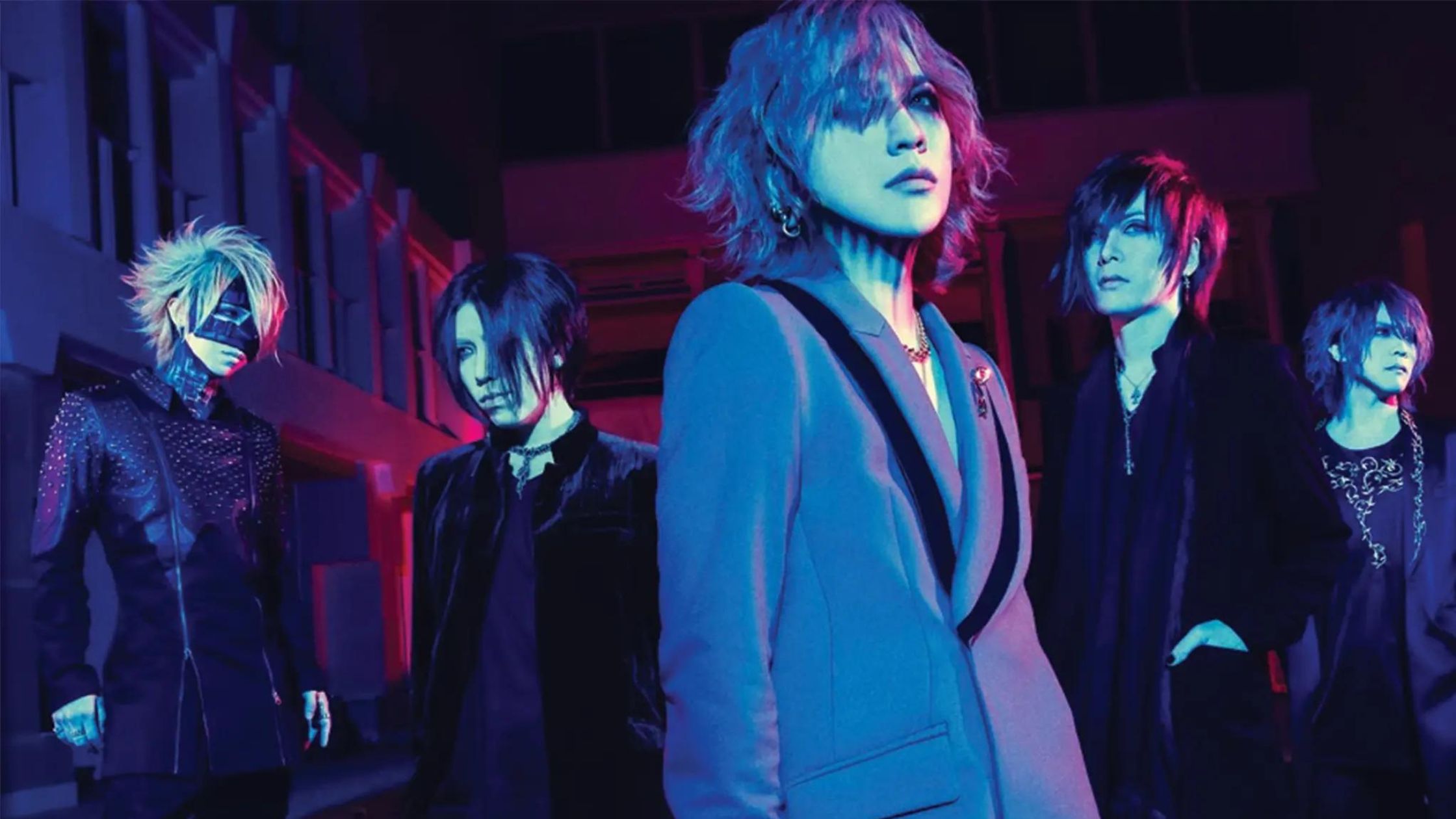
Reita, Bassist of Iconic Japanese Rock Band the GazettE, Has Passed Away at 42
It is with a heavy heart that we announce the passing of a legend in the Japanese rock music industry. Reita, the talented and beloved bassist of the iconic visual kei band the GazettE, has died at the age of 42. His death has left a profound impact on the music industry and his fans worldwide, as we mourn the loss of a true artist and visionary. In this article, we will celebrate Reita’s life, reflect on his remarkable career, and explore his lasting legacy in the world of Japanese rock.
Table of Contents
Early Life and Career Beginnings
Reita, born on May 27, 1981, in Sendai, Japan, showed an early interest in music. Growing up, he was exposed to a variety of genres, but it was the emerging visual kei movement in the late 1990s that truly captured his imagination. Visual kei, known for its dramatic aesthetics and unique blend of rock and metal influences, provided a platform for Reita to express himself creatively.
In his teenage years, Reita began playing bass and quickly became proficient in the instrument. He joined his first band, Kar+te=zyAnose (later renamed Ma’die Kusse), in 1998, marking the beginning of his musical journey. Although the band did not achieve mainstream success, it laid the foundation for Reita’s future endeavors and helped him develop his distinctive bass playing style.
Joining the GazettE
In 2002, Reita’s life took a pivotal turn when he was invited to join the GazettE, a visual kei band formed in Kantō in 200coup in 2002. The band consisted of Ruki on vocals, Uruha and Aoi on guitar, Reita on bass, and Yune on drums. However, Yune left the band shortly after, and Kai took his place as the drummer. With Reita on board, the GazettE’s lineup was complete, and they quickly began making waves in the Japanese rock scene.
The GazettE’s unique blend of aggressive rock sound, poetic lyrics, and striking visual aesthetics set them apart from their contemporaries. Reita’s bass playing was a key component of their signature style, providing a driving force that complemented the intense vocals and intricate guitar work. His technical skill, combined with his onstage presence, quickly gained recognition within the visual kei community and beyond.
Musical Career and Achievements
Over the course of his career with the GazettE, Reita achieved immense success and garnered worldwide recognition. The band released numerous hit singles and albums, with their music videos gaining millions of views online. Their live performances were nothing short of spectacular, with Reita’s energetic and passionate bass playing captivating audiences at sold-out shows across Japan and international tours.
Reita’s talent extended beyond his work with the GazettE. He was a sought-after collaborator, working with various artists and contributing to numerous projects. In 2004, he formed the supergroup “S.K.I.N.” alongside legendary musicians such as Yoshiki, Gackt, and Sugizo. The group performed at prestigious venues and helped introduce visual kei to a global audience. Reita’s influence and impact on the genre were undeniable.
The GazettE’s musical catalog is a testament to Reita’s artistry. Their early releases, including the EPs Cockayne Soup (2002) and Akuyuukai (2003), showcased a raw and intense sound that attracted a dedicated fan base. As the band evolved, their music matured, incorporating elements of symphonic metal, electronic, and pop influences. Reita’s bass lines seamlessly adapted to these changing styles, showcasing his versatility and musical prowess.
The band’s major label debut album, Dissolve, released in 2004, marked a significant milestone in their career. It charted in the top 10 on the Oricon charts, a remarkable achievement for a visual kei band at the time. Subsequent albums such as NIL (2006), STACKED RUBBISH (2007), and DIVISION (2012) further solidified their success, with each release topping the charts and producing fan-favorite tracks.
In addition to their musical achievements, the GazettE also left their mark on popular culture. Their songs were featured in anime and video games, introducing their unique sound to a broader audience. Reita’s iconic bass lines in tracks like “Filth in the beauty,” “Cassis,” and “Ruder” became instantly recognizable and influenced a new generation of musicians and visual kei enthusiasts.
Impact and Legacy
Reita’s impact on the visual kei scene and Japanese rock as a whole cannot be overstated. His distinctive bass playing style, combining technical proficiency with emotional depth, inspired countless musicians to pick up the instrument. Beyond his musical talent, Reita was also known for his sense of fashion and unique visual aesthetic, challenging societal norms and expressing himself freely through his appearance.
Reita’s influence extended beyond the bass guitar as well. He was a driving force in the GazettE’s creative process, often contributing to songwriting and music production. His input helped shape the band’s evolving sound and ensured their continued relevance in a rapidly changing music industry. Reita’s dedication to his craft and relentless pursuit of artistic excellence set a standard for aspiring musicians to strive toward.
The news of Reita’s passing has triggered an outpouring of grief and tributes from fans and fellow musicians alike. Social media platforms have been flooded with messages commemorating his life and celebrating his musical legacy. Flowers and memorials have been laid at significant locations associated with the GazettE, serving as a testament to the impact Reita had on so many lives.
Conclusion
Reita’s death at such a young age is a tragic loss for the music world, but his legacy will forever be etched in the history of Japanese rock. His influence will continue to inspire future generations of musicians and visual kei enthusiasts. As fans mourn and celebrate his life, we find comfort in the enduring power of his music. Reita’s bass lines will continue to resonate, reminding us of the passion and artistry he brought to the stage. May his memory be a beacon of inspiration, encouraging us all to pursue our dreams with the same unwavering dedication that defined his remarkable career. Rest in peace, Reita. Your legend will live on forever.
April 16, 2024
















